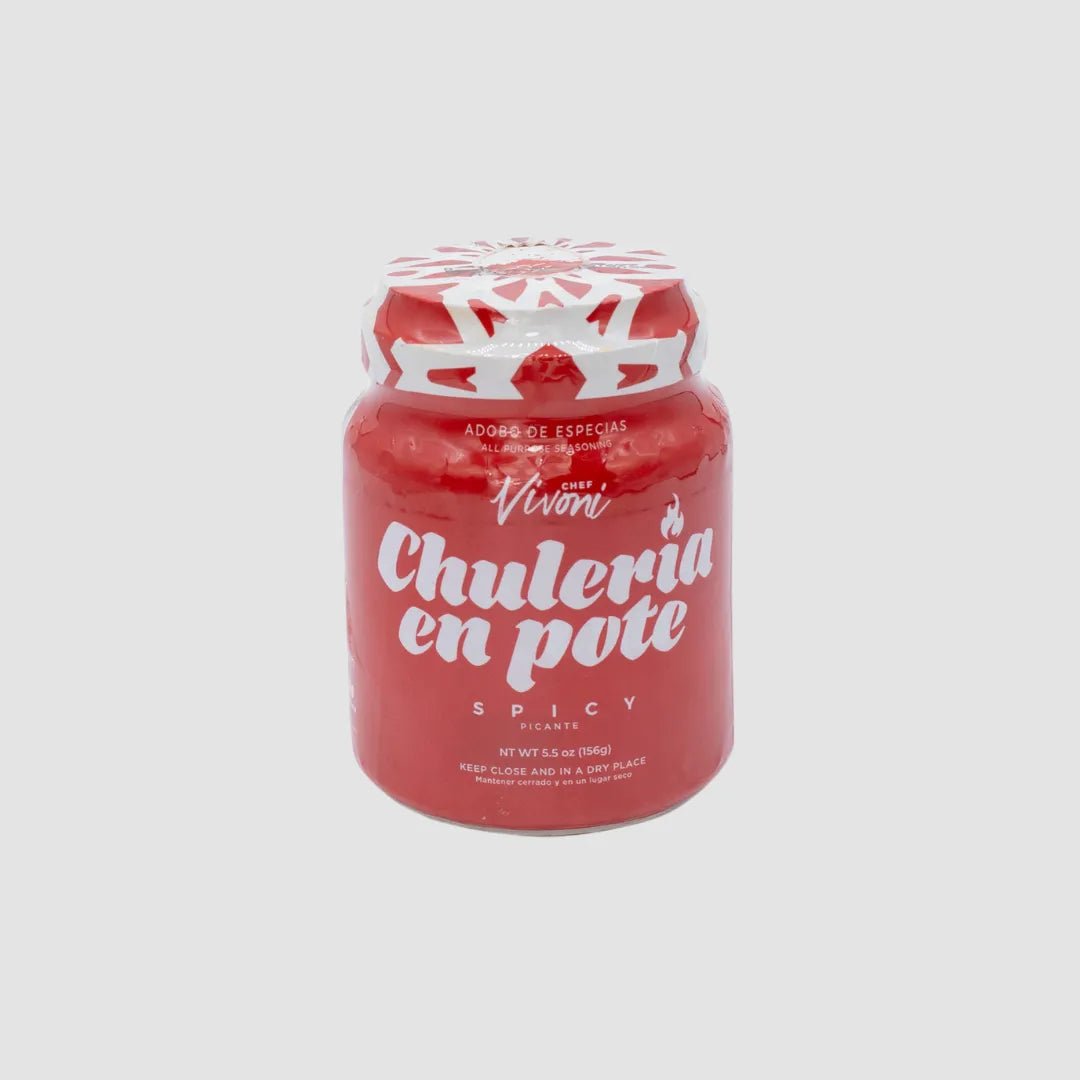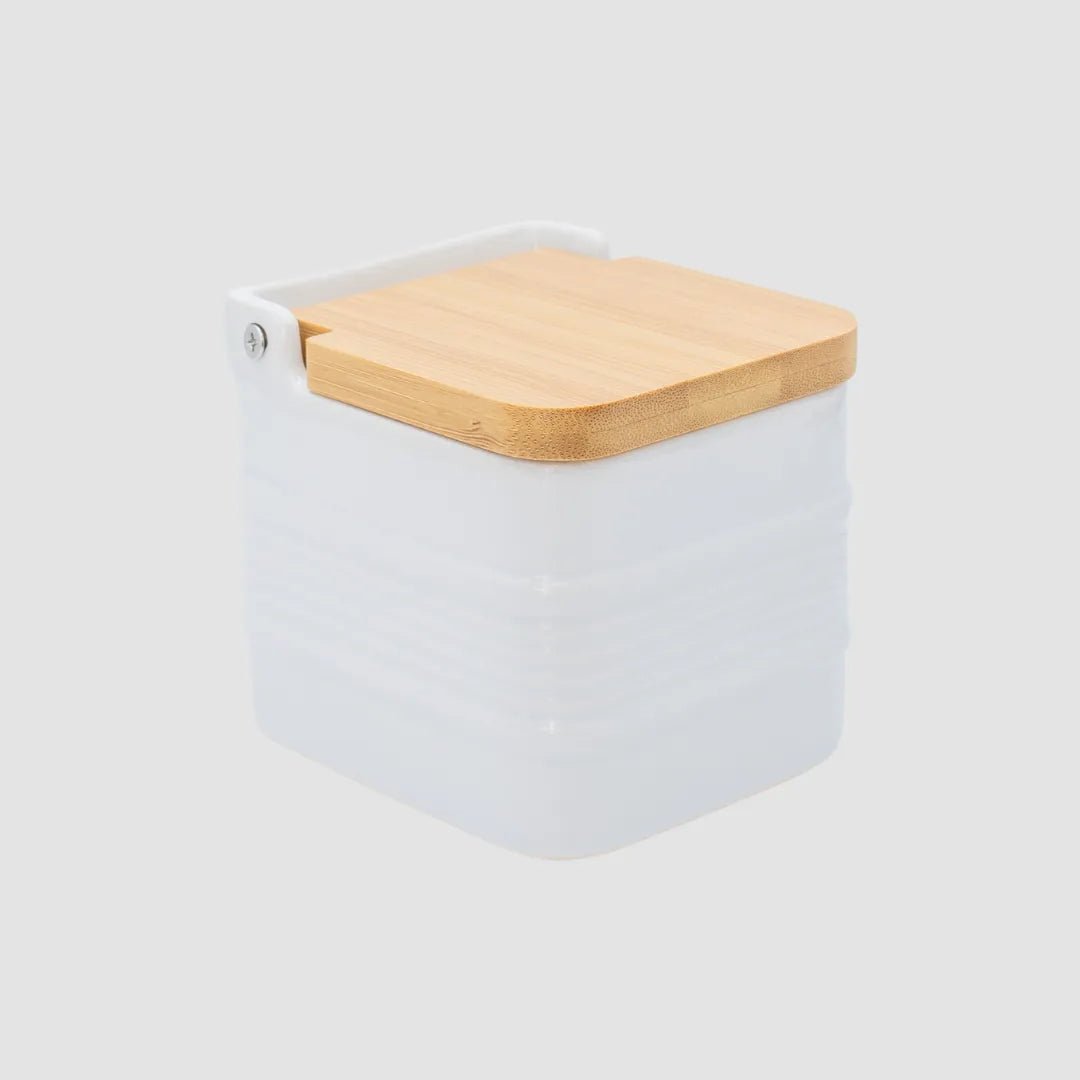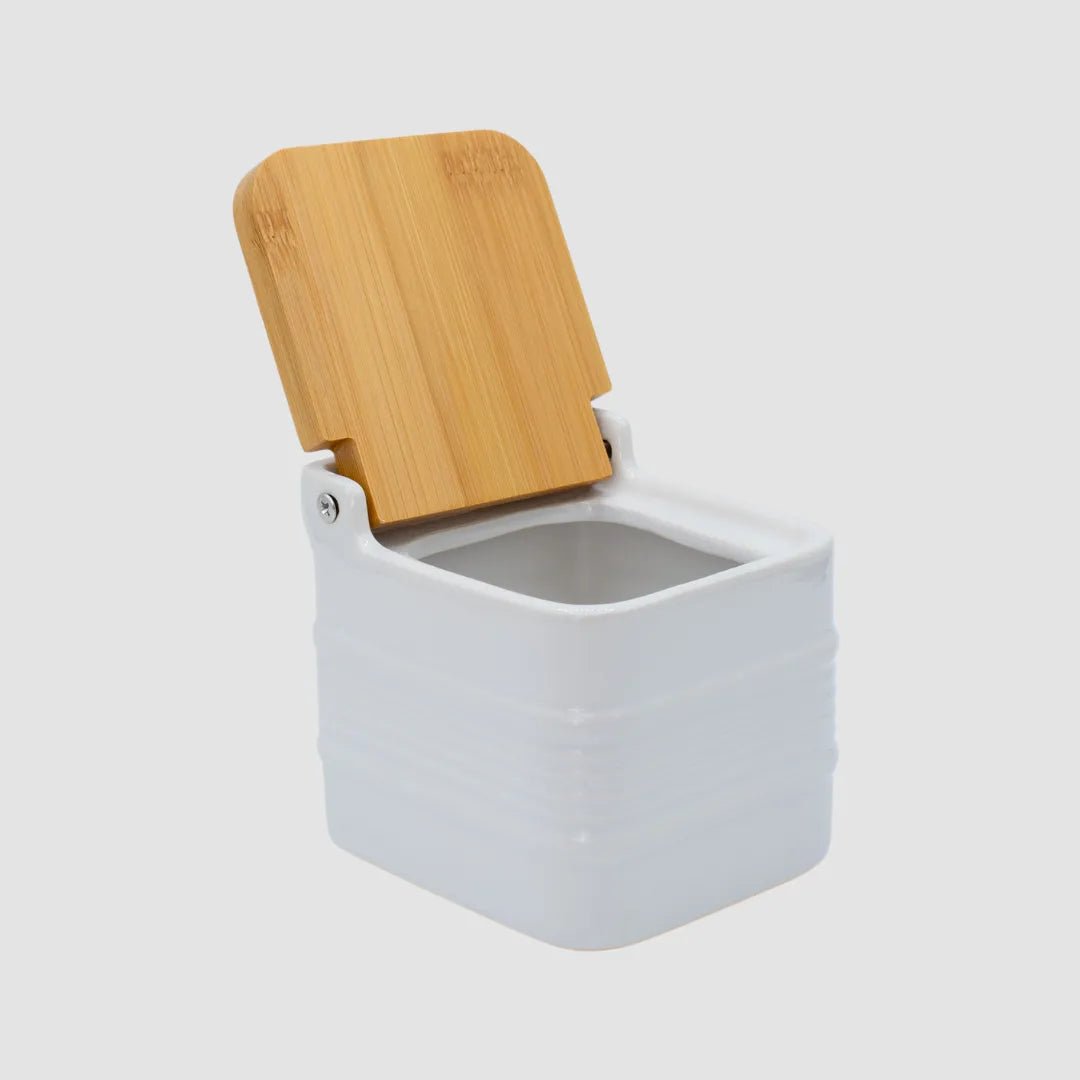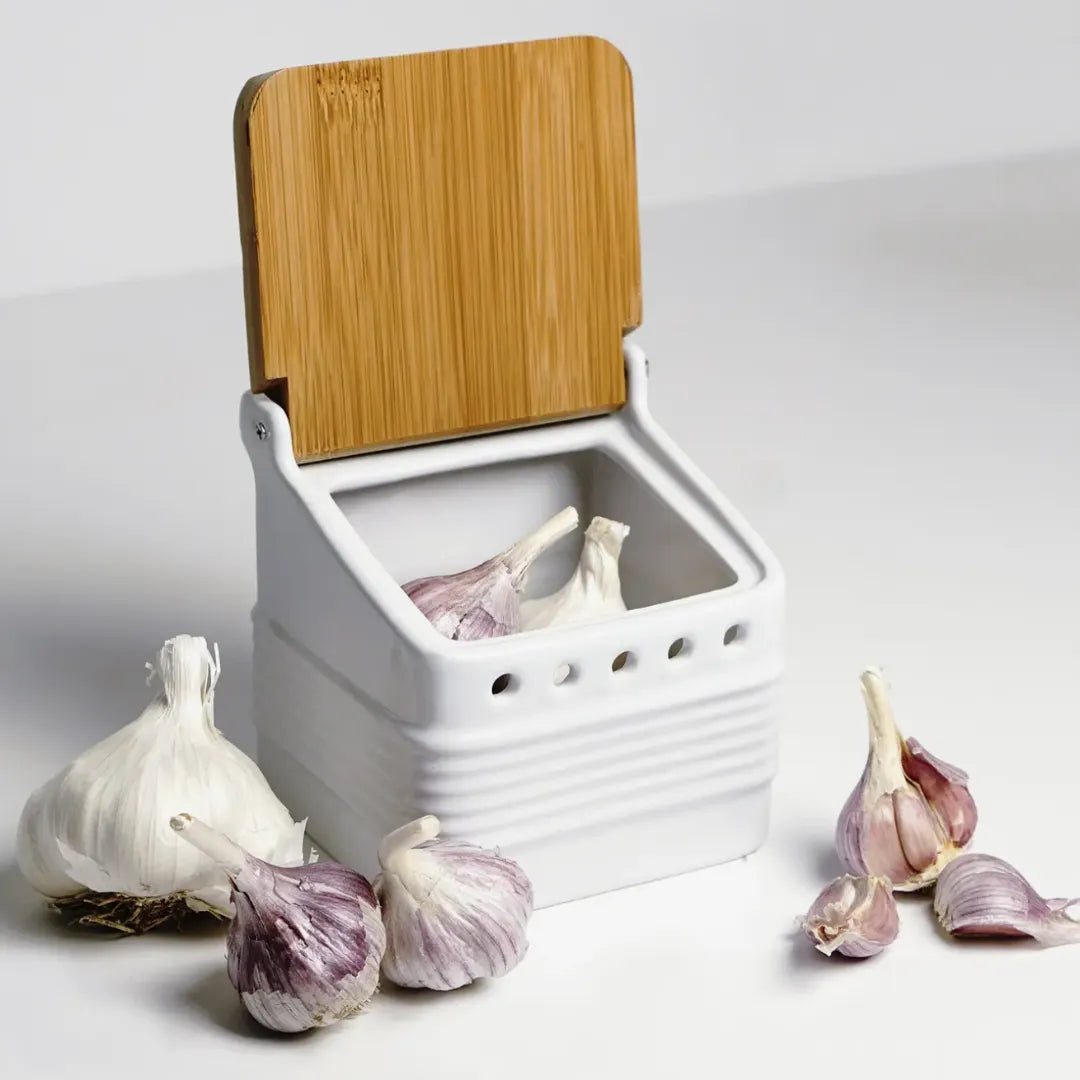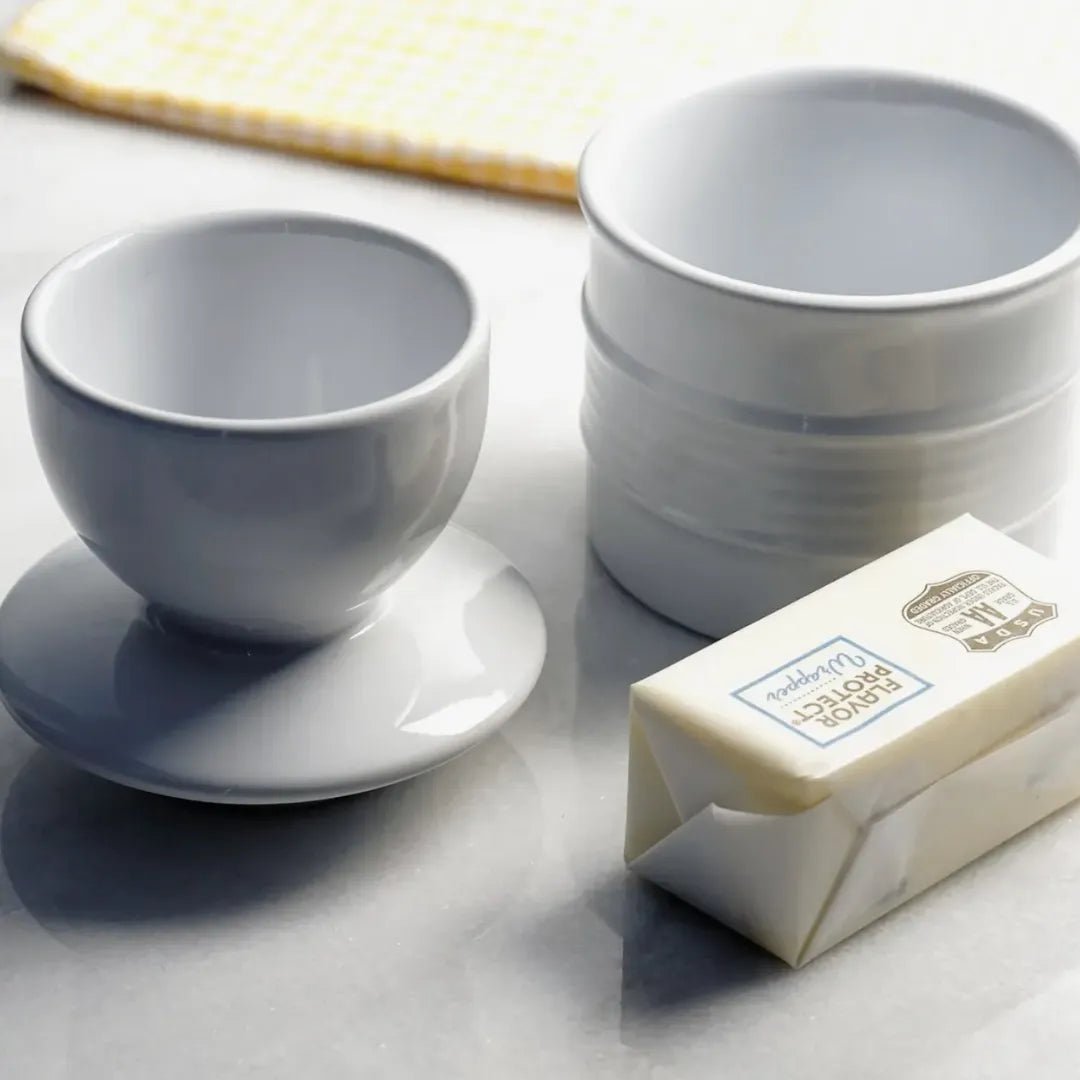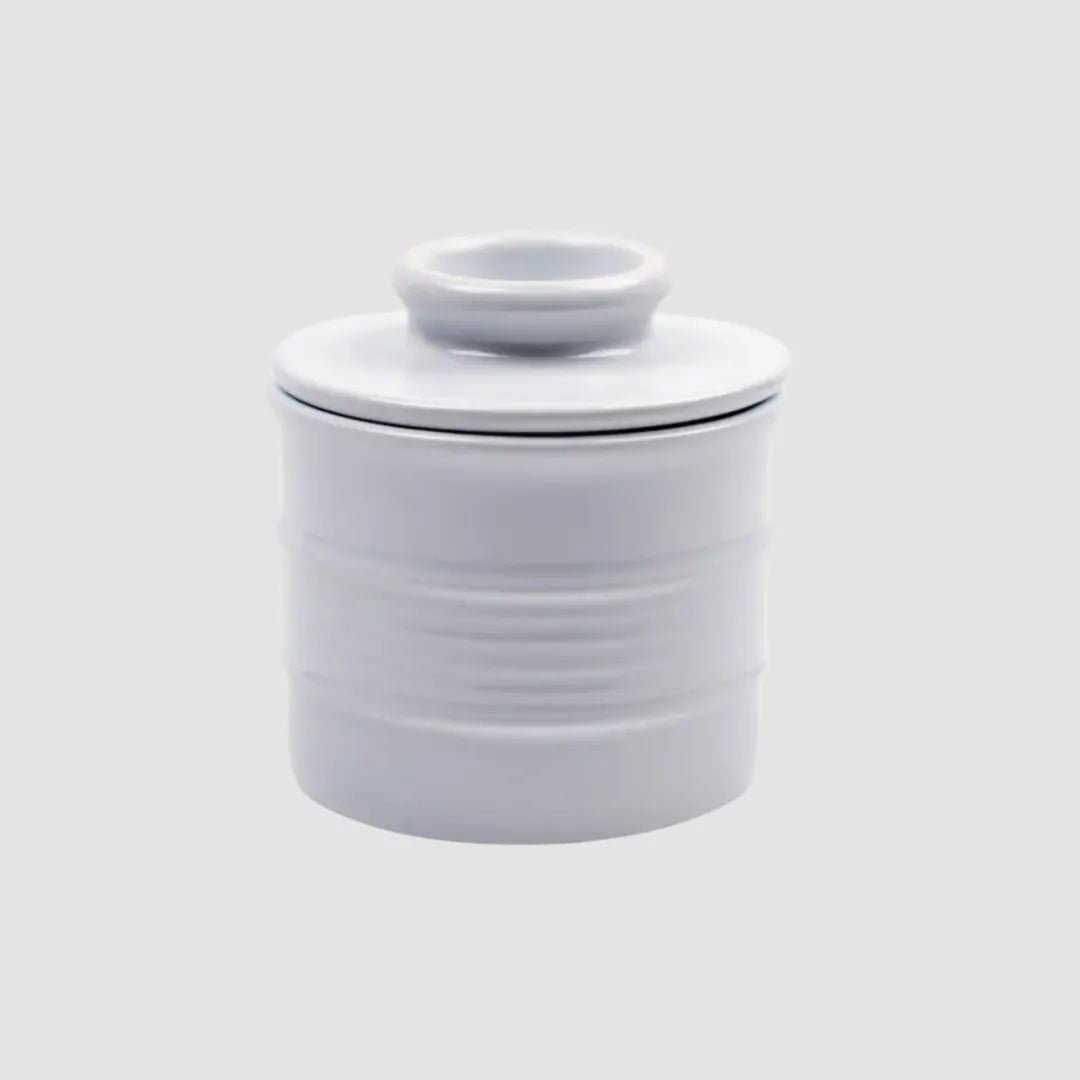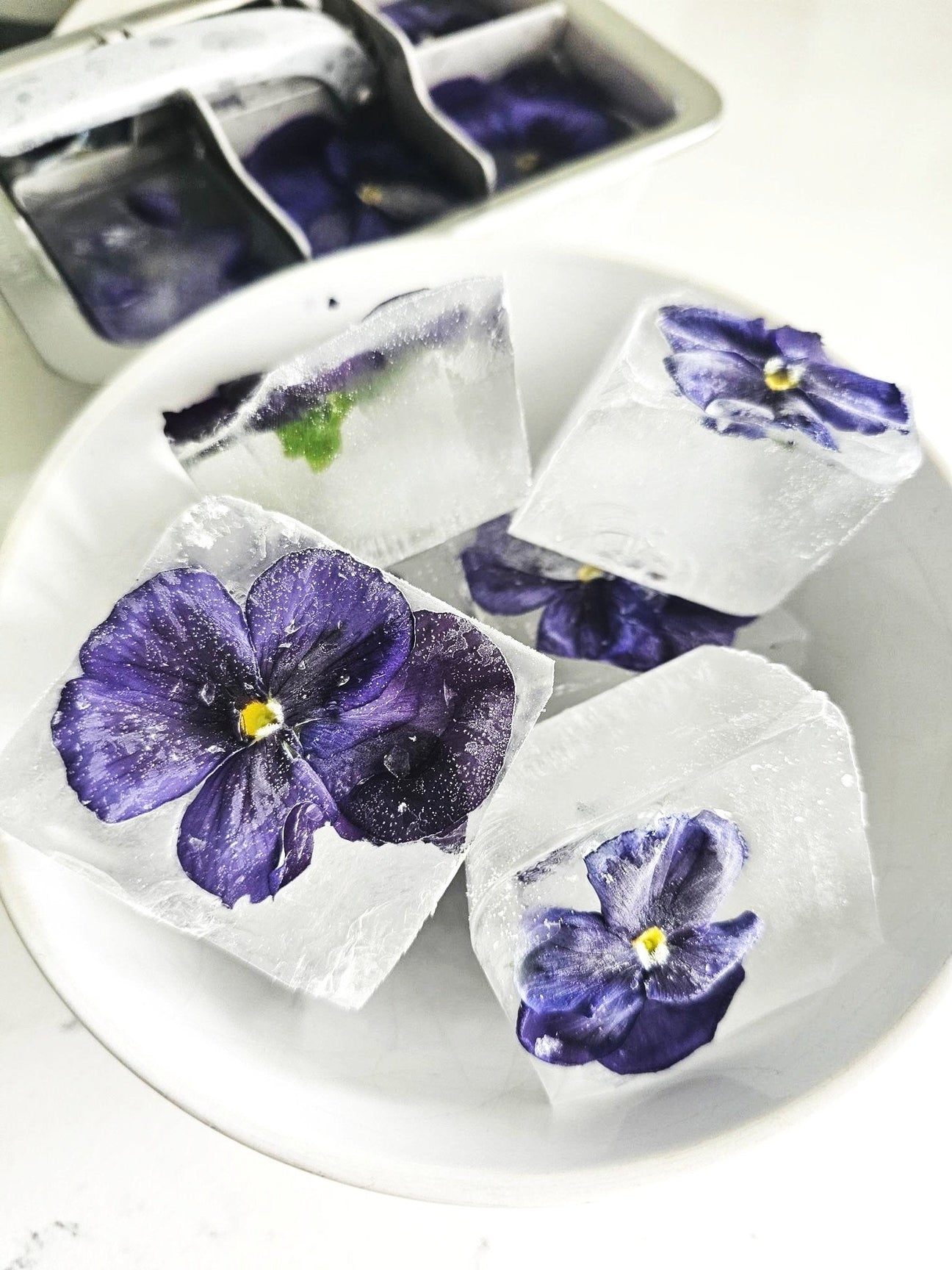The Magic of Cilantro: Flavor, Tradition, and Health Benefits for Every Table
Discover the story of cilantro — a vibrant herb at the heart of Latin cuisine. Learn its health benefits, cultural roots, and delicious ways to bring its flavor to your cooking.
Cilantro isn’t just a finishing touch for your guacamole. It’s a herb deeply rooted in Latin American culture, cherished for its bright, citrusy flavor, its wellness benefits, and its role in family kitchens across generations.
For many of us, especially in Latino households, cilantro is the taste of home — the unmistakable aroma that fills the kitchen and calls everyone to the table. It’s an essential ingredient that connects us to our heritage and adds a fresh, zesty flair to everything from salsas to stews.
Let’s dive into the history, health benefits, and the many creative ways you can use cilantro to enrich your cooking.
Cilantro: A Cultural Staple in Latin American Kitchens
Cilantro is everywhere in Latin cooking. From the bright, herbaceous salsas of Mexico to the fragrant sofritos of Puerto Rico and Cuba, this humble herb infuses dishes with unmistakable vibrancy.
Growing up in Puerto Rico, my mother always had a garden patch full of cilantro. She taught me how to spot the freshest leaves and how to grow it from seeds. The scent of freshly chopped cilantro instantly transports me back to her kitchen, filled with the lively sounds of cooking, conversation, and family gatherings.
In many Latin kitchens, cilantro is added at the very end of cooking to preserve its bright flavor and keep its fresh green color alive on the plate. It’s that final sprinkle of magic that completes the dish.
Beyond flavor, cilantro carries cultural weight — it symbolizes tradition, family, and shared meals. Whether it’s tossed into a bubbling pot of arroz con gandules or sprinkled over a bowl of sancocho, cilantro brings recipes (and memories) to life.
The Health Benefits of Cilantro
Cilantro isn’t just delicious; it’s also packed with powerful nutrients and wellness benefits. Here’s why adding cilantro to your meals can support your health:
Rich in Nutrients
Cilantro is a great source of vitamins A, C, and K.
-
Vitamin A supports eye health and immune function.
-
Vitamin C boosts immunity and promotes glowing skin.
-
Vitamin K supports strong bones and healthy blood clotting.
Natural Detoxifier
Cilantro is known for its ability to help the body eliminate heavy metals. Studies suggest its compounds may bind to toxic metals, aiding in natural detoxification.
Supports Digestive Health
The essential oils in cilantro can help soothe digestion, reduce bloating, and even relieve occasional gas or discomfort after meals.
Antioxidant Powerhouse
Cilantro contains antioxidants that fight free radicals, helping to protect cells from damage and support overall health.
Traditional Remedies
For generations, cilantro has been used in natural remedies to:
-
Calm upset stomachs
-
Combat mild infections
-
Freshen breath naturally

How to Use Cilantro in Everyday Cooking
There are countless ways to enjoy cilantro in your cooking. Here are some of our favorite uses that bring big flavor and beautiful presentation to your table:
1. Salsas and Guacamole
Cilantro is a signature ingredient in Latin salsas. Its bright flavor balances the acidity of tomatoes and the heat of chilies. In guacamole, it’s practically non-negotiable — adding that fresh, citrusy punch we all crave.
2. Rice and Beans
In Puerto Rican kitchens, sofrito is the heart of many dishes. This blend of cilantro, onions, garlic, peppers, and seasonings creates a flavor base for rice dishes like arroz con gandules or habichuelas guisadas. Trust me: once you cook with sofrito, you’ll never go back.
3. Garnish for Soups and Stews
Sprinkle chopped cilantro over soups like caldo de pollo or hearty stews like sancocho just before serving. It not only brightens the flavor but also enhances presentation.
4. Marinades and Dressings
Blend cilantro with lime juice, garlic, and olive oil for a zesty marinade that’s perfect for grilled chicken, seafood, or roasted vegetables. You can also whisk it into salad dressings for a fresh, herbaceous kick.
5. Tacos and Street Food
No taco is complete without a shower of fresh cilantro. Whether it’s carne asada, carnitas, or veggie tacos, cilantro brings balance and brightness to every bite.
6. Herb-Infused Ice Cubes
For a creative twist, try making cilantro ice cubes! Freeze chopped cilantro in ice trays with water or citrus juice and pop them into summer drinks or cooking pots for an instant flavor boost.
P.S.: Check out our Guide to Edible Flower Ice Cubes for more creative ideas!
Tips for Growing and Storing Cilantro
If you want the freshest cilantro at your fingertips, consider growing it at home! Cilantro grows quickly and thrives in sunny spots.
-
Planting: Sow seeds directly into well-draining soil.
-
Watering: Keep the soil moist but not waterlogged.
-
Harvesting: Snip leaves early in the morning for peak freshness.
For storage, wrap cilantro in a damp paper towel and place it in a plastic bag in the fridge. It can last up to a week when stored this way.
Cilantro: A Story of Tradition, Flavor, and Wellness
At its core, cilantro is more than an herb. It’s a story of family traditions, vibrant flavors, and natural wellness. Every handful of cilantro connects us to our roots and celebrates the joy of simple, fresh cooking.
So, the next time you’re preparing a dish, reach for cilantro — not just as a garnish but as a way to infuse your meal with history, health, and heart.



